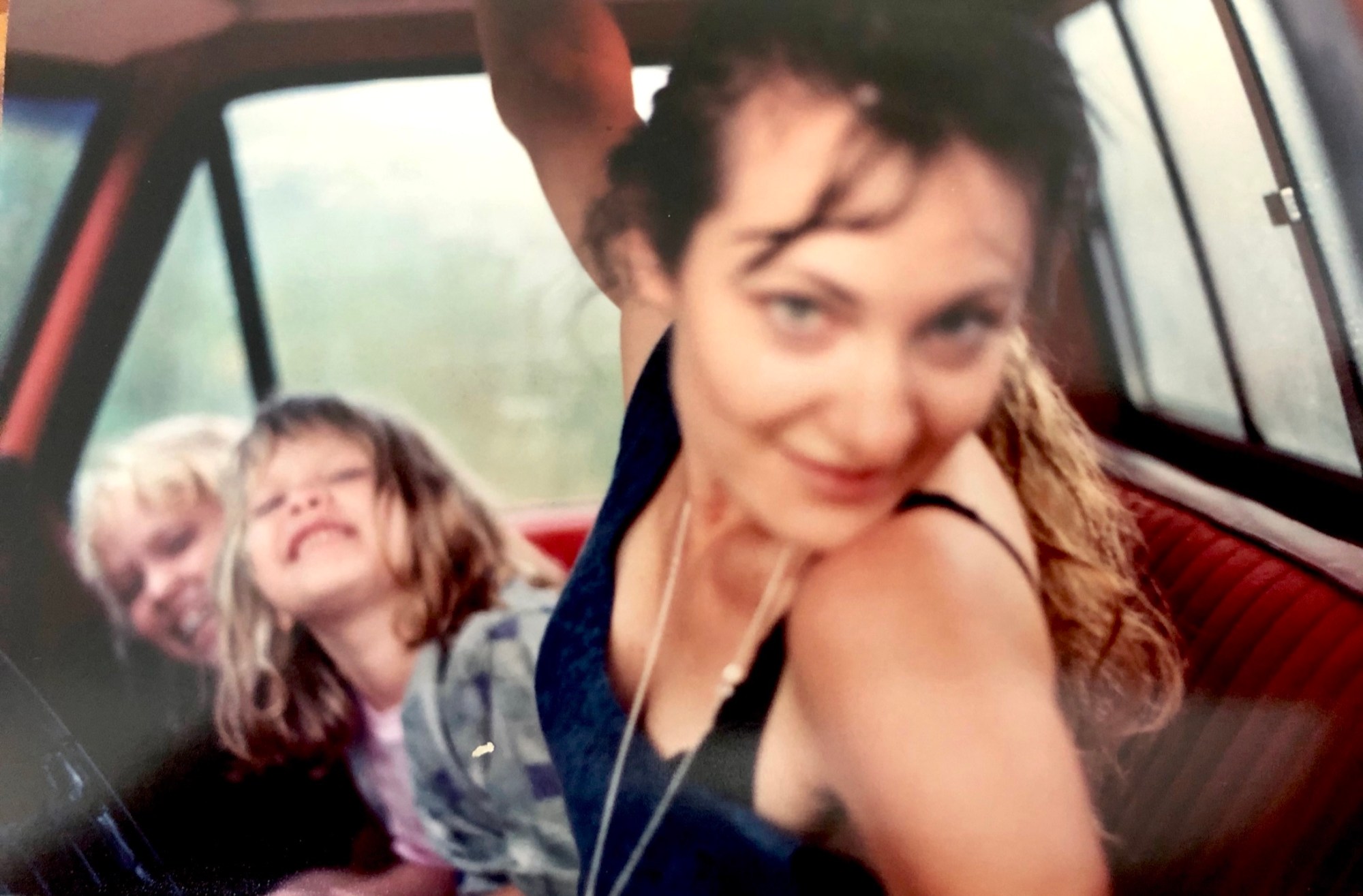
- Film
Documentaries “Anonymous Sister” and “Sam Now” Each Showcase Power of Home Video Footage
Two newly released documentaries, each rooted in home video footage from the early 2000s, illustrate the manner in which personally documented memories can be used in a foundational way to craft nonfiction films that plumb universally relatable themes.
While their specific narratives diverge, Anonymous Sister and Sam Now each unpack incredibly engaging and affecting stories of family trauma — and the scars that can develop from secrets closely held, and conversations not had.
Directed by Emmy Award winner Jamie Boyle, Anonymous Sister is a stirring chronicling of her family’s grappling with America’s devastating opioid epidemic, with footage spanning more than 30 years. What could easily, in the hands of a less sensitive and skilled filmmaker, devolve into a work of recrimination, or a well-meaning but still somewhat condescending bird’s-eye-view portrait rooted in moral superiority, instead connects in uniquely touching fashion.
Boyle’s movie begins telling the story of her older sister Jordan, who suffers some nerve damage as a teenage Olympic skating hopeful, and years later is stricken with a crippling addiction to Oxycontin. The film really leans on only one outside expert as an interviewee: Dr. Andrew Kolodny, the medical director of opioid policy research at the Heller School for Social Policy and Management. This gives Anonymous Sister access to some greater contextual mooring for the opioid crisis, but without sacrificing the intimacy of its narrative focus.
At the heart of the movie’s appeal is the way in which Boyle interweaves selections from the hundreds of hours of family video footage which provides its spine. As she intercuts present-day interviews with these moments (most of which are loving and more lighthearted), viewers witness the insidious and damaging spread of addiction through a loving family, as her mother Julie also comes to submit to her own dependency on prescription pills.
By the time Boyle’s father John notes his belief in the connection of these trials to the filmmaker’s own struggles with anxiety, post-traumatic stress, and a nervous breakdown (something Boyle had not previously disclosed or made a feature of her movie), it’s clear that Anonymous Sister has blossomed into a full-on cinematic disquisition on the terrible, rippling side effects and consequences of the pharmaceutical industry’s greed, which in turn reflects capitalistic rapaciousness more broadly.
Directed by Reed Harkness, Sam Now explores intergenerational trauma, and its impact on mental health and the development of value systems. At its core is a close, collaborative relationship between the filmmaker and his half-brother Sam, dating all the way back to when Reed was 18 years old and Sam was 11.
In the year 2000, one week before he’s set to start high school, Sam’s mother Jois (the aforementioned pair have different mothers but the same father, Randy) disappears, leaving no note of explanation or contact information. Over winter break she comes back for one week, but then leaves again. This understandably confuses a family which was very close-knit despite its blended nature.
Filmed over the course of 25 years, the movie follows Reed and Sam as they embark on a 2,000-mile road trip in search of Jois — and then, after surprisingly finding her with relative ease, try to make sense of the conversational avoidance (even by themselves) of the topic. Through Sam’s mother’s absence and subsequent reconnection, viewers witness some of the impact of this trauma on Sam’s interpersonal relationships, both in adolescence and adulthood.
In this regard, Sam Now lands as an investigative documentary cross-pollinated with an interesting, highly evocative coming-of-age tale. All of this is framed, additionally, in a rather fascinating hybrid narrative fashion — using footage from Reed and Sam’s DIY teenage film projects, as well as old family interrogations, to set up and inform present-day revelations. Harkness employs highly intuitive editing to reflect and comment on the trajectory of Sam’s mental and emotional maturation, and the movie’s highly unusual narrative pivots and temporal leaps abet this ambitious strategy.
Together, Anonymous Sister and Sam Now serve as examples of the sometimes therapeutic nature of deeply personal nonfiction storytelling. But, more specifically, they also showcase the invigorating manner in which old home video footage can be leveraged — serving almost as emotional skeleton keys, and providing incredible character insight.
Following recent theatrical engagements in New York City and Los Angeles, Anonymous Sister is screening in additional cities throughout the summer, in advance of an on-demand release in October. Sam Now, meanwhile, is presently available on iTunes, Amazon, Google Play and VUDU. For more information on the films, visit www.AnonymousSister.com and www.SamNowMovie.com, respectively.